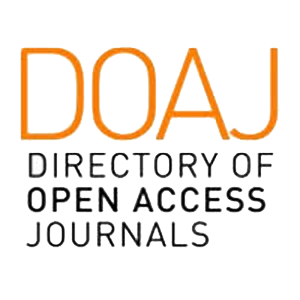New perspectives in legal epistemology: from dogmatic fetishism to pragmatic diversity. Brief reflection of it impacts in legal education
Keywords:
multiparadigmatic science, law, legal epistemology, legal education, academic productionAbstract
The issue of the scientific nature of law has become one of the key points in the debates within the field of legal philosophy. In response to theses denying the scientific status of this discipline, Nicolás Salvi, in "The Multiparadigmatic Condition of Law," argues that not only can law be recognized as a science, but also that multiple paradigms coexist within it (analytic-dogmatic, analytical-realistic, and interpretivistic). This has important implications for legal education, an issue that I propose to critically and reflectively analyze in this paper.
To do so, I will begin with a description of the aforementioned author's multiparadigmatic proposal and then explore its contributions and implications for legal education and academic production. Within this framework, I will analyze how the break with paradigmatic absolutism in the discipline impacts the recognition of new actors and the circulation of new curricular content in the aforementioned spheres, influencing the configuration of specific professional profiles operating within the framework of legal praxis, as well as the work of the researcher itself, providing new materials and methodologies.
Finally, I will address some questions regarding Nicolás Salvi's innovative proposal, related to the role of teaching, the structure of curricular spaces, as well as the role of legal doctrine and the production of knowledge in legal fields.
Downloads
Published
Issue
Section
License
Copyright (c) 2025 Agostina Nucci

This work is licensed under a Creative Commons Attribution-NonCommercial-ShareAlike 4.0 International License.
Atribución-NoComercial-CompartirIgual 4.0 Internacional (CC BY-NC-SA 4.0)
Más información en: https://creativecommons.org/licenses/by-nc-sa/4.0/deed.es
-
Atribución — Usted debe dar crédito de manera adecuada, brindar un enlace a la licencia, e indicar si se han realizado cambios. Puede hacerlo en cualquier forma razonable, pero no de forma tal que sugiera que usted o su uso tienen el apoyo de la licenciante.
-
NoComercial — Usted no puede hacer uso del material con propósitos comerciales.
-
CompartirIgual — Si remezcla, transforma o crea a partir del material, debe distribuir su contribución bajo la lamisma licencia del original.








